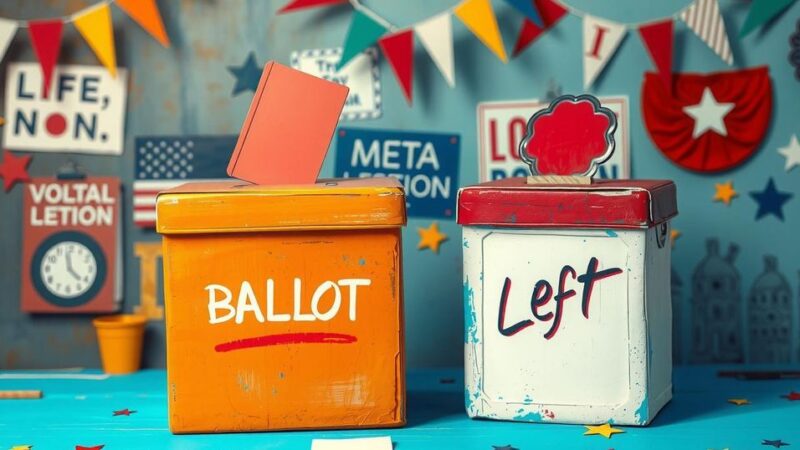Ghana marks its 68th independence anniversary with modest celebrations to cut costs amidst economic challenges. The theme for this year’s observance, “Reflect, Review, Reset” encourages introspection regarding national progress and challenges. Despite mixed opinions on Ghana’s development compared to peers, there are successes to celebrate, including stability and peace since 1992. The focus on national pride and unity remains important as the country strives for a prosperous future.
On March 6, 2025, Ghana celebrated its 68th anniversary of independence from British rule, an occasion typically marked by vibrant festivities nationwide. However, this year’s observance was notably subdued, aimed at conserving public funds amidst significant economic challenges. The budget for the anniversary parade, which usually includes schoolchildren and security forces, was reduced by approximately 95%, saving nearly 20 million cedis.
The traditional bustling activities in places like Osu, where local traders benefit from increased economic activity, were absent. Celebrations were instead characterized by modest gatherings at the seat of Government and similar scaled-down events in various regions, featuring limited parades and community engagement.
March, recognized as “Ghana’s Month,” offers an opportunity to highlight the nation’s heritage and achievements. The theme for the 2025 celebration, “Reflect, Review, Reset” (3Rs), encourages a critical examination of the country’s journey over the past 68 years, urging the consideration of both progress and prevailing challenges in envisioning a brighter future.
The question of Ghana’s accomplishments since independence elicits mixed responses. Some argue the nation has experienced relative success, particularly in maintaining a stable and peaceful political climate since the dawn of the Fourth Republic in 1992. Ghana has achieved over three decades of political stability, asserting itself as a resilient country amidst regional turbulence.
Conversely, critics highlight a concerning lag in economic development compared to peer nations such as Singapore and Malaysia, questioning why local commodities remain costly despite abundant resources. For example, the price of chocolate in Ghana surpasses European rates, which raises concerns about domestic economic management.
With a rich array of natural resources, critics assert that Ghana should not remain entangled in economic difficulties decades after independence. The country’s industrial policies have faced setbacks, stifling job creation and economic stability. Ultimately, the economic framework continues to reflect colonial structures, evident in the frequent engagements with the International Monetary Fund (IMF) for assistance.
In spite of these challenges, Ghana can take pride in its unity and political tolerance. Achievements, including increasing tourist inflows, affirm its status as a premier destination in Africa. The National Democratic Congress’s (NDC) campaign theme, “Building the Ghana We Want,” serves as a motivational call to action for collective progress and national development.
Reflecting on the past six decades, Ghanaians are encouraged to embrace a mindset aligned with their National Anthem and National Pledge. Looking ahead, there is ample reason to celebrate and maintain pride in Ghanaian identity, fostering hope for a prosperous future.
In summary, Ghana’s 68th independence anniversary serves as both a reflection on past achievements and an evaluation of ongoing challenges. The scaled-down celebrations underscore the government’s prioritization of fiscal responsibility in tough economic times. As the country aspires to overcome historical obstacles, the themes of unity, resilience, and commitment to progress resonate strongly among Ghanaians, fostering a collective determination to build a brighter future for the nation.
Original Source: www.ghanaweb.com






